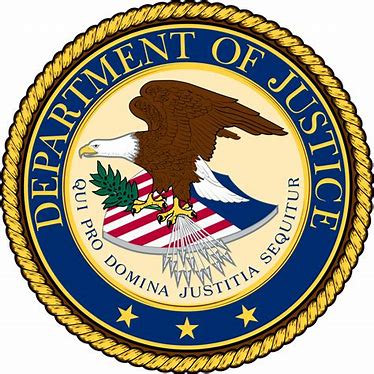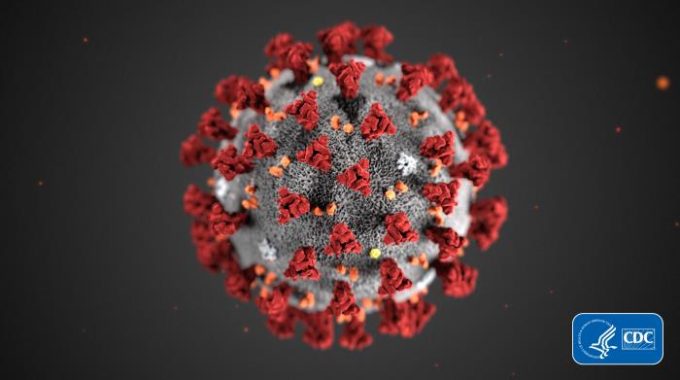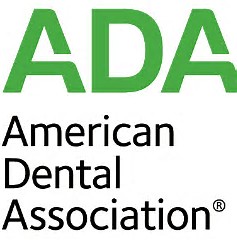This is a reminder to all of our OSHA Review subscribers that the new workplace…

Effective Communication with Hearing-Impaired Patients is Required
Two recent settlements between the Federal Government and private healthcare facilities demonstrate the necessity for healthcare providers to ensure effective communication with patients who are hearing impaired. Legally, Federal Law requires healthcare providers to take steps to ensure effective communication with individuals with disabilities through the use of appropriate auxiliary aids and services. The specific cases are as follows:

- The US. Department of Justice (DOJ) and a dental office in Washington have resolved a complaint that the clinic failed to provide interpretation services to a patient who is deaf. In addition to paying the complainant $45,000 in compensation, the clinic agrees to undertake a number of improvements to ensure appropriate interpreter services for clients who are deaf.
 The US Health and Human Services (HHS) Office of Civil Rights (OCR) entered into a Voluntary Resolution Agreement with an Arkansas hospital to resolve a complaint against the hospital for failing to provide a patient with appropriate auxiliary aids to ensure effective communication during her visit to the emergency department. The hospital affirms that it will comply with all provisions of Rehabilitation Act of 1973 and the Patient Protection and Affordable Care Act, both of which protect patients from discrimination.
The US Health and Human Services (HHS) Office of Civil Rights (OCR) entered into a Voluntary Resolution Agreement with an Arkansas hospital to resolve a complaint against the hospital for failing to provide a patient with appropriate auxiliary aids to ensure effective communication during her visit to the emergency department. The hospital affirms that it will comply with all provisions of Rehabilitation Act of 1973 and the Patient Protection and Affordable Care Act, both of which protect patients from discrimination.
The OCR offers online resources for to hospitals and health care providers to help ensure effective communication with their patients.
For dentistry… There are a variety of ways to communicate with a deaf or hearing-impaired patient. For example, dentists can use written notes, pictures or models to discuss the patient’s condition and recommended treatment. Office computers are also useful in conversing with a hearing-impaired patient. Some hearing-impaired individuals are very adept at reading lips and prefer to speak face to face. Additionally, family members may be available to interpret for you. The best approach may be to let the patient indicate the form of communication he/she prefers. If hiring an interpreter is necessary, the dentist must pay for the interpreter and may not pass the charge along to the patient.
We recommend that dentists consult with their liability carrier for additional recommendations on patient management in a dental office.
Since 1992, OSHA Review, Inc. has provided dental professionals with comprehensive programs to support regulatory compliance and infection control. We are a registered continuing education provider in the state of California, specializing in Dental Practice Act, infection control, and OSHA training.



